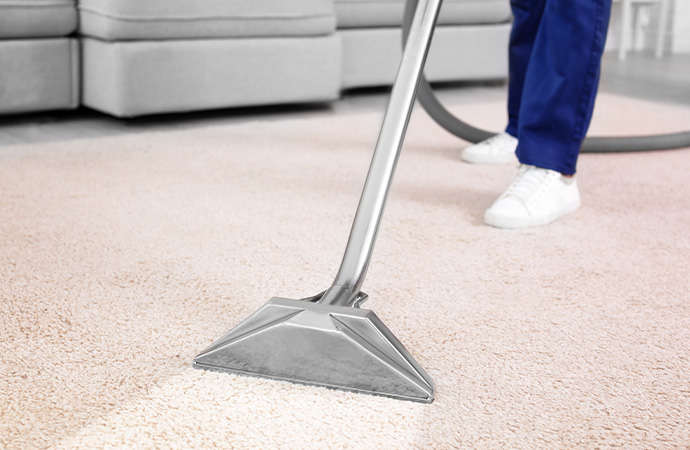What to Expect From a Good Carpet Cleaning

Asking the right question is crucial for avoiding issues with potential bait-and-switch scams. The Institute of Inspection, Cleaning and Restoration Certification(IICRC) is a nonprofit organization, that sets a high standard for the cleaning industry.
You can look forward to expect these standards from a reputable cleaning company that prioritizes its quality of work:Here is what you can
- Transparent Pricing: All costs should be informed and itemized, with a clear quote before starting any work. You should never feel pressured to agree to any type of additional service other than what you required in the first place.
- Customer Satisfaction: Cleaning companies should provide a written guarantee of their service. Relying on only verbal commitment is enough for security, make sure you get the warranty documented. Without this written assurance, a neglectful or dishonest cleaner may do a proper cleaning job and fail to bring the proper result that was agreed upon.
- Vacuuming: High foot traffic areas and open spaces collect more dust in the carpet so they should be cleaned first.
- Furniture Moving: If it's not clearly stated, moving the furniture to clean the beneath carpet areas should be included in the cleaning service. It's advised to ask at the beginning of the appointment to avoid any misunderstanding. is set.
- Carpet stain resistant applications or deodorizers: If your cleaner applies a stain-resistant coating or a deodorizer, expect to pay more for those additional services.
Beware of Carpet Cleaning Scams
If you own a home, at some point you will likely need to hire a contractor for minor or major improvements or repairs. There are two main types of contractors you would hire: general contractors and specialty contractors. A general contractor oversees the entirety of a project and hires subcontractors who perform specialized types of labor, such as plumbing or electrical work.
Although there are many ethical, honest general contractors, you may hear horror stories of contractors who have ripped off homeowners, scammed victims, the elderly, underbid jobs purposely, or disappeared with deposits, leaving incomplete work behind. The following tips will help you avoid being ripped off:
- Get Referrals and Bids: Ask friends and family for trusted referrals. You may also contact your local Home Builders Association or check the Better Business Bureau. Always check online reviews like on Google to ensure you are hiring the right contractor.
- Do Research Before Hiring: Speak with past clients and find out if they were satisfied. Verify if the contractor communicated well, completed work on time, and managed unexpected costs.
- Check Licensing, Insurance, and Bonding: Always verify that the contractor is licensed, bonded, and insured. Ensure all documents are up to date by contacting the issuing companies.
- Check Permits: Reputable contractors will get the necessary permits before starting any work. Confirm with your local building department what permits are required for the job.
- Put Terms in Writing: Make sure your contract includes the start and completion dates, payment schedules, the scope of work, permits, and warranties on materials and workmanship.
- Protect Your Pocketbook: Never pay in cash. Ensure payments are linked to work completion milestones, and don't make the final payment until the work is fully completed and inspected.
- Keep Records and Photos: Maintain records of contracts, correspondence, and payments. Take photos throughout the project to document progress, which will be helpful if issues arise later.








